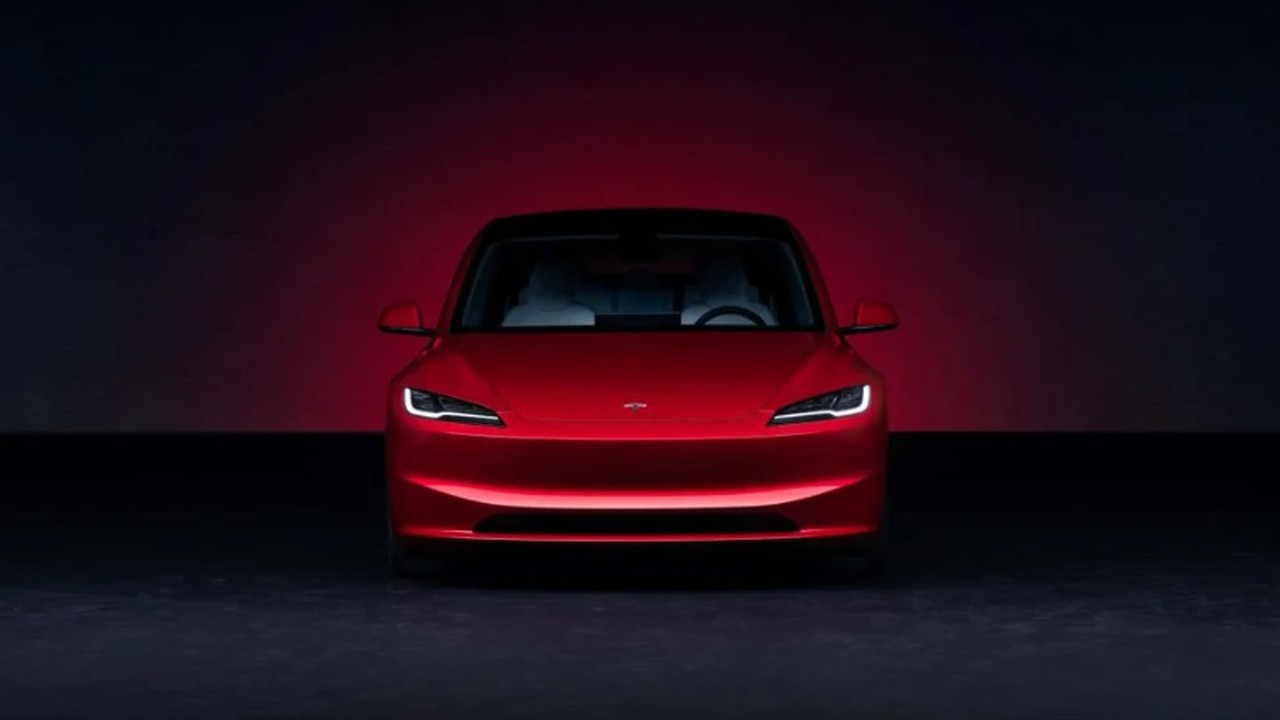Electric car giants are impressing with their winter performance
With winter's arrival, the performance questions about electric cars are beginning to be answered.

With the onset of winter, electric vehicle (EV) owners traditionally prepare for the inevitable range reduction caused by colder temperatures. However, recent advancements in EV technology are challenging this norm. A recent study conducted by Recurrent, a battery health data startup, has revealed that certain EVs, particularly from brands like Tesla, Audi, and Nissan, are experiencing minimal range loss even in cold weather conditions.
The study, which analyzed over 10,000 EVs during the winter of 2022-2023, found that the average winter range of these vehicles was approximately 70% of their normal range. This insight is crucial as it indicates a varied impact of cold weather on different EV models.
The reduced range in cold weather is primarily due to the chemistry of the batteries, which are less efficient at releasing energy in lower temperatures. Additionally, the energy consumed to heat the cabin further diminishes the range. However, the implementation of heat pumps, which repurpose waste heat from the battery and motors, has proven to be a significant innovation in countering this range loss.
Electric car giants are impressing with their winter performance
Audi's E-Tron, known as the Q8 E-Tron from the 2023 model year onwards, is a prime example of effective thermal management. It exhibits only a 16% drop in its winter range, thanks to its pioneering heat pump system that can reclaim up to 3 kilowatts of electricity from waste heat.
The 2019 Nissan Leaf also shows considerable improvement over its predecessors, with a 23% range reduction at 32 degrees Fahrenheit. This improvement is attributed to its more advanced thermal management systems compared to the older models.
Tesla's models, especially the Model 3, Model Y, and Model X, demonstrate remarkable thermal efficiency as well, losing only 24% of their range on average in winter conditions. Tesla's introduction of an innovative heat pump in 2021, which includes features like a “super manifold” and an “octo valve,” significantly contributes to this efficiency.
These findings not only showcase the technological advancements in EVs but also underscore the increasing adaptability of electric vehicles to various climatic conditions.
 Real images of Honor 100 and 100 Pro have emergedMobile
Real images of Honor 100 and 100 Pro have emergedMobile






